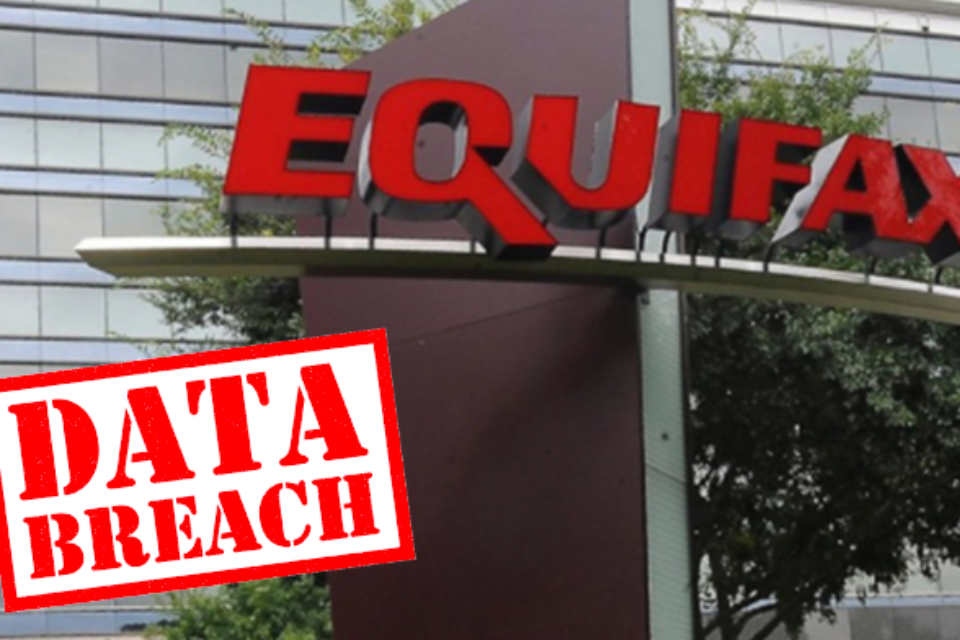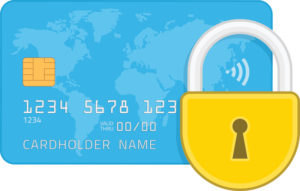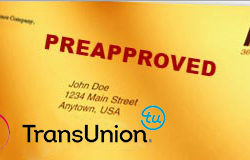What To Do about the Equifax Data Breach

Image by Dreamstime
What To Do about the Equifax Data Breach: Following the recent news story about the Equifax data breach, Scott Kahan, CFP ® of Chappaqua sent out two advisories to his clients. He shared these documents with What To Do and here we provide excerpts on his advice on what steps you can take to protect yourselves.
What happened?
 You may have read that hackers broke into the Equifax database and stole personal information tied to 143 million people. The hackers accessed people’s names, Social Security numbers, birth dates, addresses and, in some instances, driver’s license numbers. They also stole credit card numbers for about 209,000 people and dispute documents with personal identifying information for about 182,000 people. There is no reason to think that data is not for sale to criminals who can use it to open new lines of credit or file phony tax refund requests in peoples’ names.
You may have read that hackers broke into the Equifax database and stole personal information tied to 143 million people. The hackers accessed people’s names, Social Security numbers, birth dates, addresses and, in some instances, driver’s license numbers. They also stole credit card numbers for about 209,000 people and dispute documents with personal identifying information for about 182,000 people. There is no reason to think that data is not for sale to criminals who can use it to open new lines of credit or file phony tax refund requests in peoples’ names.
If you have credit, then there’s a high probability that identity thieves now have your Social Security number and address.
What To Do
To contain the potential damage, the U.S. Federal Trade Commission recommends that you take several steps immediately.
1) Request a free copy of your credit report: Under federal law you’re allowed to request a free copy of your credit report once a year from each of the three credit reporting agencies: Equifax, Experian, and TransUnion—at www.annualcreditreport.com. You can do this every 122 days by rotating among the agencies. Check your credit report for suspicious accounts or activity — such as someone trying to open a new credit card or apply for a loan in your name. If you DO see something, visit http://www.Identitytheft.gov/databreach to find out how to mitigate the damage.
 2) Monitor your online statements: The credit report won’t tell you if there’s been money stolen from a bank account or suspicious activity on your credit card. Unfortunately, you’ll have to turn this into a habit. In most cases, theft happens over time, starting with small amounts stolen from across your accounts.
2) Monitor your online statements: The credit report won’t tell you if there’s been money stolen from a bank account or suspicious activity on your credit card. Unfortunately, you’ll have to turn this into a habit. In most cases, theft happens over time, starting with small amounts stolen from across your accounts.
3) Place a fraud alert on your account with all the major credit bureaus. You can do this for free by contacting one of the credit agencies, which is required to notify the other two. This will warn creditors that you may be an identity theft victim, and they should verify that anyone seeking credit in your name is really you. The fraud alert will last for 90 days and can be renewed.
Strongest Security Recommendation!
4) Place a freeze or lock on your credit: If you’re really worried, consider putting a freeze or lock on your credit. Experian, Equifax and Innovis offer a FREEZE. Transunion has both a FREEZE and a LOCK. You will need to do this with all four credit bureaus.
A freeze blocks anyone from accessing your credit reports without your permission—including you. This can usually be done online, and each bureau will provide a unique personal identification number that you can use to “thaw” your credit file in the event that you need to apply for new lines of credit sometime in the future.
 Another advantage: each credit inquiry from a creditor has the potential to lower your credit score, so a freeze helps to protect your score from scammers who file inquiries.
Another advantage: each credit inquiry from a creditor has the potential to lower your credit score, so a freeze helps to protect your score from scammers who file inquiries.
Many Americans have opted to sign up for a credit monitoring service, which won’t prevent fraud from happening, but WILL alert you when your personal information is being used or requested. In most cases, there is a cost involved, but Equifax is offering a free year of credit monitoring through its TrustedID Premier business, whether or not you’ve been affected by the hack. It includes identity theft insurance, and it will also scan the Internet for use of your Social Security number—assuming you trust Equifax with this information after the breach.
Here are the links to get the process started
Equifax, 888-298-0045; https://www.freeze.equifax.com/Freeze/jsp/SFF_PersonalIDInfo.jsp
Experian, 888-397-3742; https://www.experian.com/freeze/center.html#content-01
TransUnion, 888-909-8872; https://freeze.transunion.com/sf/securityFreeze/landingPage.jsp
At TransUnion you will need to open an account and then add the Security Freeze.
Innovis, 800-540-2505; https://www.innovis.com/personal/securityFreeze
 5) Opt out of pre-screened credit offers! There’s one last way you can protect yourself. ID thieves like to intercept offers of new credit sent via postal mail. If you don’t want to receive prescreened offers of credit and insurance, you have two choices: You can opt out of receiving them for five years by calling toll-free 1-888-5-OPT-OUT (1-888-567-8688) or visiting www.optoutprescreen.com.
5) Opt out of pre-screened credit offers! There’s one last way you can protect yourself. ID thieves like to intercept offers of new credit sent via postal mail. If you don’t want to receive prescreened offers of credit and insurance, you have two choices: You can opt out of receiving them for five years by calling toll-free 1-888-5-OPT-OUT (1-888-567-8688) or visiting www.optoutprescreen.com.
Or you can opt out permanently online at www.optoutprescreen.com.
Financial Asset Management Corporation has provided fee-only financial planning and wealth management services for individuals and small businesses in the Tri-State area since 1986. They serve 150 clients and manage over 200 million dollars in assets. FAM Corp. President Scott Kahan is a Certified Financial Planner professional. (Financial Asset Management Corp., 26 South Greeley Avenue, Chappaqua, NY, (914) 238-8900; www.famcorporation.com)
There’s more lifestyle tips in our Survival Checklist
Sign up for the What To Do Email Newsletter … carefully curated for townies, culture-vultures, foodies & weekend warriors
Like us on Facebook amigos!
















